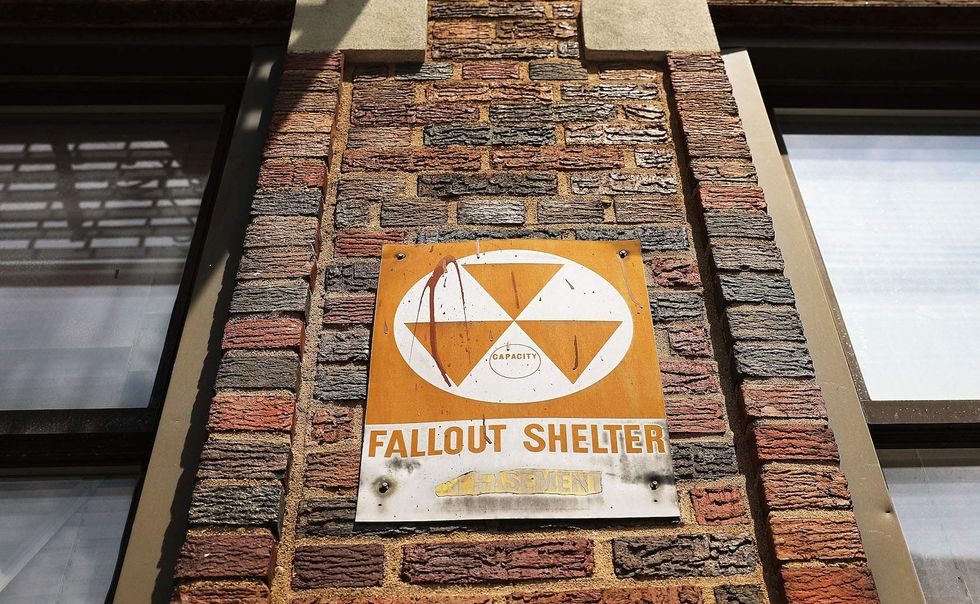
The University of Hawaii sent an email with instructions on what students, faculty and staff should do in the event of a nuclear attack Monday. (Spencer Platt/Getty Images)

Yesterday, 60,000 University of Hawaii students, faculty and staff received an official email from the Hawaii state university system with a chilling subject line: "In the event of a nuclear attack."
Mondays, am I right?
The university's communications officials decided this week that, similar to warnings for weather or active shooters, the university community needed to be briefed on what to do if North Korea attacked Hawaii with a nuclear weapon.
Here's the full text of the email that was sent out:
From: University of Hawaii <announce@hawaii.edu>Subject: In the event of a nuclear attack
Date: October 9, 2017 at 2:25:19 PM HST
To: announce@hawaii.edu
In light of concerns about North Korea missile tests, state and federal agencies are providing information about nuclear threats and what to do in the unlikely event of a nuclear attack and radiation emergency.
For this type of event, the ten campuses of the University of Hawaii will rely on the Hawaii Emergency Management Agency siren system and follow agency instructions on “sheltering-in-place.”
Hawaii Emergency Management Agency instructions:
https://dod.hawaii.gov/hiema/files/2017/09/20170921-Preparedness-[dod.hawaii.gov]brief-SEPT-2017.pdf
The U.S. Centers for Disease Control has more information:
https://emergency.cdc.gov/radiation/[emergency.cdc.gov]
The University of Hawaii encourages students, faculty and staff to
stay informed through local, national and international news
outlets and to sign up for UH Alert: https://www.hawaii.edu/alert/[hawaii.edu].
The notification system alerts the university community in the
event of a natural, health or civil emergency.
In fairness to Daniel Meisenzahl, a university spokesman and the email's author, he did try to avoid creating panic by saying that a nuclear attack was "unlikely" but, he said he wishes he would have emphasized that a little more.
His desired tone of "no reason for alarm" or "don't take this the wrong way" was not achieved in the presentation of the email, he said.
“If I were to do it all over again, the one thing I would have done is put ‘unlikely’ in the subject line,” Meisenzahl said.
Meisenzahl said he spent much of the day dealing with the "fallout from the nuclear email" (pun intended).
On the bright side, he also said that people were clicking on the email at a high rate. So that's the silver lining, if there can be one when discussing nuclear attack preparations.
(H/T The Washington Post)